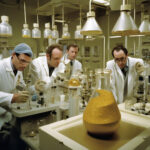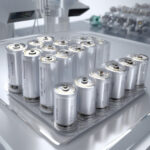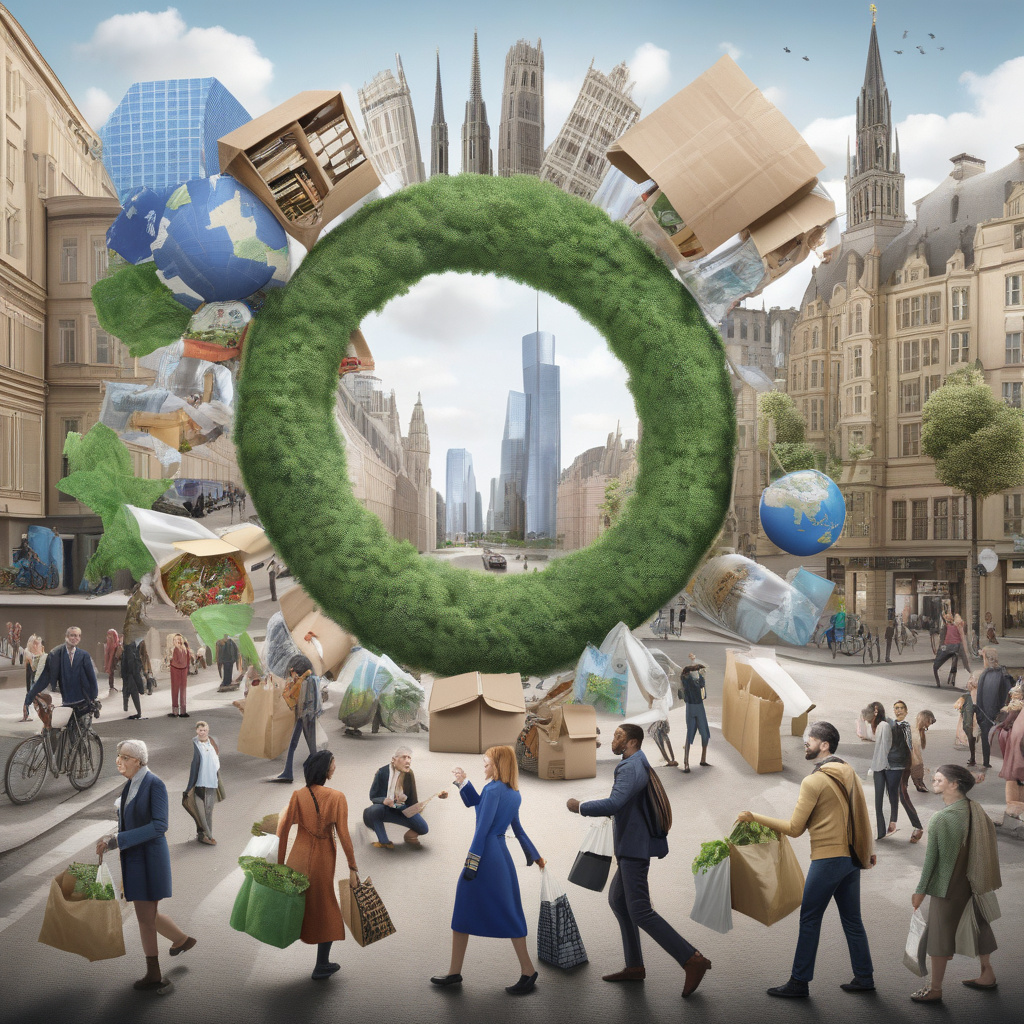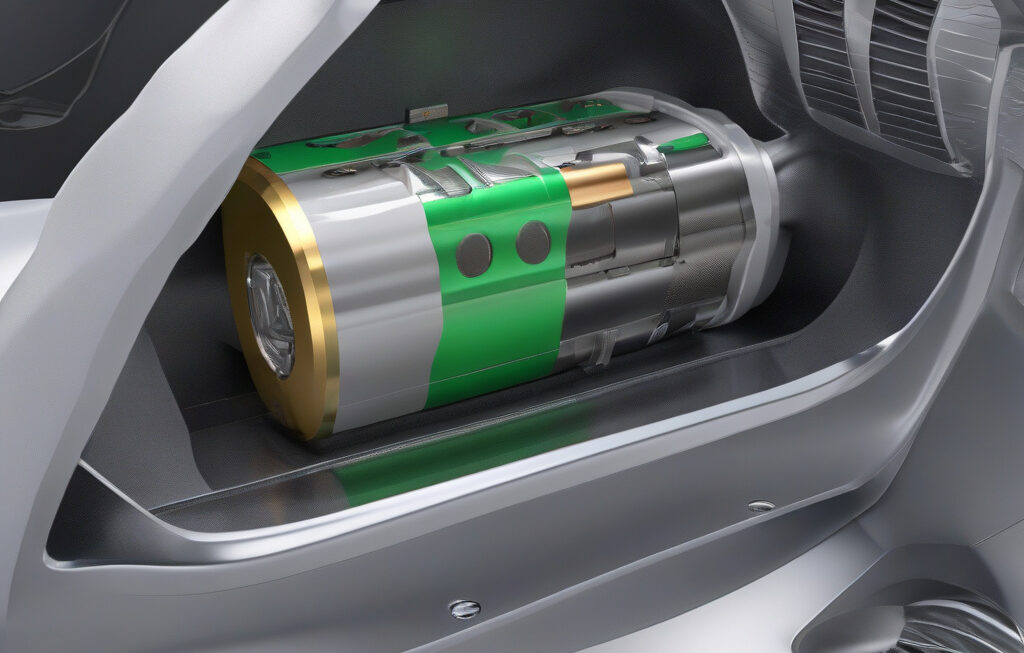EU Commission Launches New Initiatives to Accelerate Shift to Circular Economy
The European Union is making significant strides towards a more sustainable future by ramping up efforts to transition to a circular economy. With the recent launch of new initiatives, the EU is setting the stage for the implementation of the Circular Economy Act, slated to take effect in 2026.
The move towards a circular economy marks a paradigm shift in how we produce, consume, and dispose of goods. Unlike the traditional linear economy, which follows a take-make-dispose model, a circular economy aims to keep products and materials in use for as long as possible through strategies such as recycling, reusing, and remanufacturing. By closing the loop on resource flows and minimizing waste, the circular economy offers a more sustainable and environmentally friendly alternative.
The EU Commission’s latest initiatives are designed to accelerate this transition and pave the way for the upcoming legislation. These initiatives encompass a wide range of strategies and actions aimed at promoting sustainable practices across various sectors. From promoting eco-design and sustainable production methods to incentivizing circular business models and fostering innovation, the EU is taking a holistic approach to driving the circular economy agenda forward.
One key aspect of the EU’s initiatives is the focus on creating a supportive regulatory framework that encourages businesses to adopt circular practices. By aligning policies and regulations with the principles of the circular economy, the EU aims to create an enabling environment for businesses to transition towards more sustainable practices. This includes measures such as extended producer responsibility, eco-labeling schemes, and incentives for eco-innovation, all of which are designed to drive the adoption of circular business models.
In addition to regulatory measures, the EU is also investing in research and innovation to support the transition to a circular economy. Through funding programs, research initiatives, and partnerships with industry stakeholders, the EU is fostering the development of new technologies, processes, and business models that promote sustainability and resource efficiency. By supporting innovation in key sectors such as manufacturing, packaging, and waste management, the EU is paving the way for a more sustainable and circular economy.
Furthermore, the EU’s initiatives place a strong emphasis on collaboration and knowledge-sharing among stakeholders. By bringing together policymakers, businesses, academia, and civil society, the EU is fostering a collaborative approach to driving the circular economy agenda. Through platforms such as the Circular Economy Stakeholder Platform and the European Circular Economy Stakeholder Conference, the EU is creating opportunities for dialogue, networking, and best practice sharing to accelerate the transition to a circular economy.
As the EU accelerates its shift towards a circular economy, the benefits are clear. Not only does the circular economy offer environmental benefits by reducing waste and resource depletion, but it also presents economic opportunities by creating new markets, spurring innovation, and driving job creation. By embracing the principles of the circular economy, the EU is not only taking a step towards a more sustainable future but also positioning itself as a global leader in sustainable development.
In conclusion, the EU’s recent initiatives to accelerate the transition to a circular economy are a positive step towards a more sustainable and resilient future. By laying the groundwork for the Circular Economy Act and implementing a range of measures to promote sustainability and resource efficiency, the EU is driving the circular economy agenda forward. With a focus on regulation, innovation, collaboration, and economic opportunities, the EU is poised to lead the way in building a more circular and sustainable economy for the years to come.
EU, CircularEconomy, Sustainability, Innovation, GreenFuture












